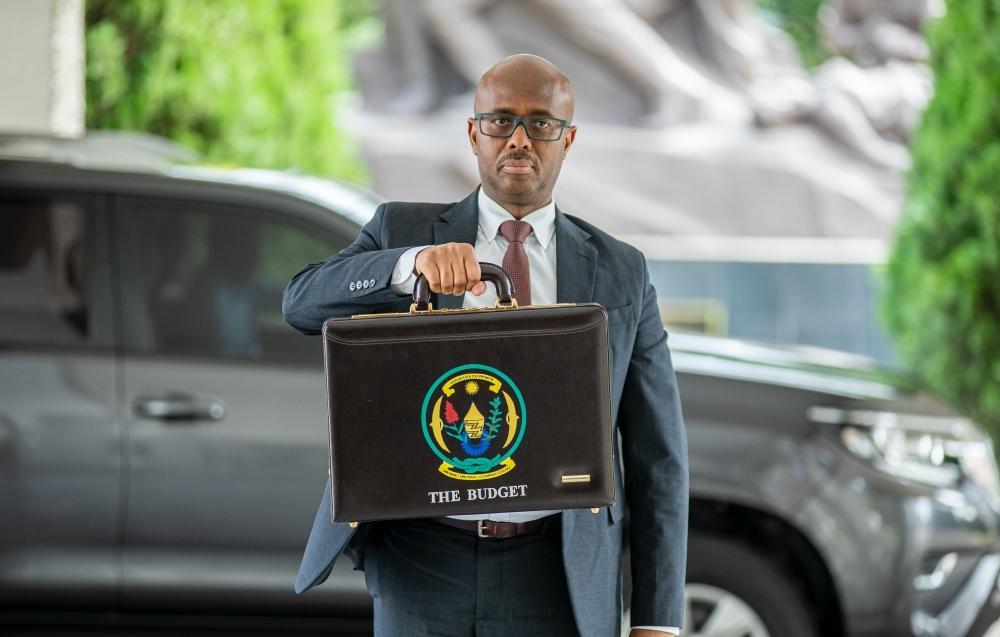Africa-Press – Rwanda. The government’s decision to allocate over 8 per cent of the 2025/26 national budget to environmental protection and climate change marks a significant step in the right direction.
At over Rwf600 billion, this is the largest investment the country has made in climate action to date, an encouraging leap from just 0.4 per cent in 2009.
The rationale is clear. Climate-related disasters, particularly floods, continue to devastate infrastructure, displace communities, and strain public resources.
As Rwanda seeks to build resilience in agriculture, infrastructure, and water management, climate finance has become not just a policy priority but a national imperative.
However, the question now is how far this funding can go.
According to the Ministry of Finance and Economic Planning, the country faces a $7 billion funding gap to fully implement its 10-year climate action plan, which includes 557 projects.
Even as climate allocations rise in nominal terms, from Rwf579.8 billion this fiscal year to a projected Rwf667.4 billion by 2026/27, the gap remains wide.
International partners contributed $319 million last year, but donor funding alone will not close the gap.
The structure of the climate budget also deserves close scrutiny. In 2024/25, 43 per cent went to adaptation, 20 per cent to mitigation, and 37 per cent to projects that combine both.
While the focus on adaptation is understandable given the country’s vulnerability, mitigation effortssuch as expanding renewable energy and reducing emissions must not fall behind. A balance must be struck between surviving today’s challenges and preventing tomorrow’s.
Encouragingly, Parliament is taking a more active role. A workshop this week sought to equip Members of Parliament with the tools to better oversee climate finance and identify investment opportunities. This kind of capacity building is critical, not just for transparency, but for smarter, more strategic allocation of resources.
The progress so far should be acknowledged. But if Rwanda is to achieve its Vision 2050 and truly become a climate-resilient nation, more is required. Stronger domestic financing tools, better project implementation, and a results-oriented mindset must accompany the numbers on the page.
As with any ambitious goal, budgeting is just the beginning. The hard work lies in delivering impact.
Source: The New Times
For More News And Analysis About Rwanda Follow Africa-Press






